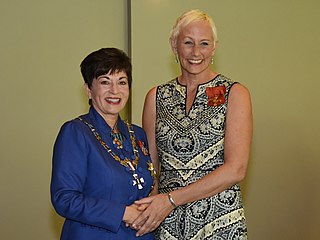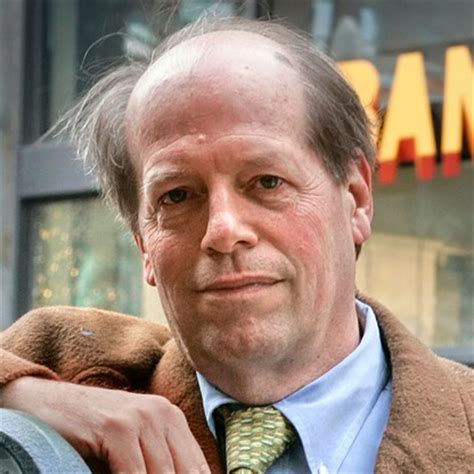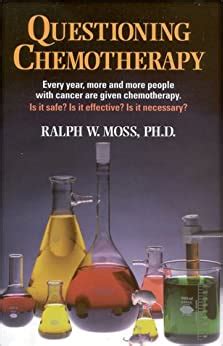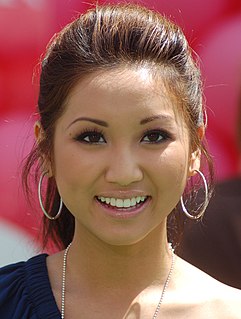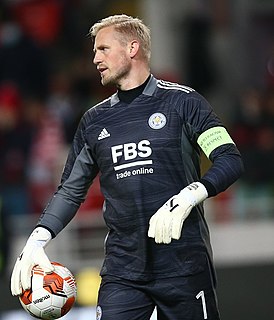A Quote by Leanne Pooley
Everybody has someone in their life that has breast cancer. It touches femininity, motherhood and sexuality and as Barbara Brenner says in the film, "you get to say breast out loud in public." Big corporations know this and market in a particular way knowing that women make most of the buying decisions in a household.
Related Quotes
Being a breast cancer survivor, as I like to call myself - it will be twenty years next year - I did it to make it possible for women to do regular self breast examinations. It's really important - and, it makes common sense: you know your body better than the doctor does who only sees you once a year, you know?
Kanematsu Sugiura.....took down lab books and showed me that in fact Laetrile is dramatically effective in stopping the spread of cancer. The animals were genetically programmed to get breast cancer and about 80 - 90% of them normally get spread of the cancer from the breast to the lungs which is a common route in humans, also for how people die of breast cancer, and instead when they gave the animals Laetrile by injection only 10-20% of them got lung metasteses. And these facts were verified by many people, including the pathology department.
